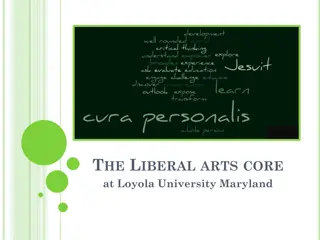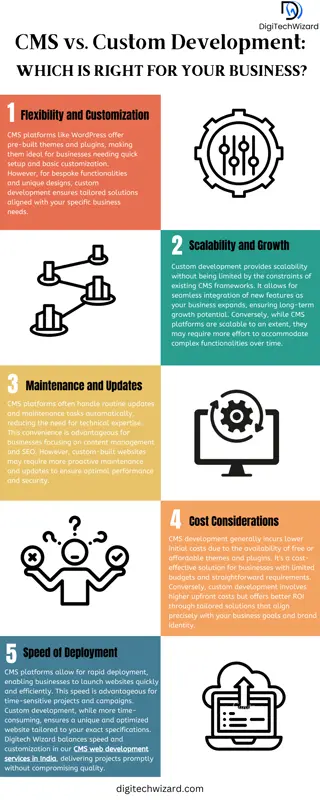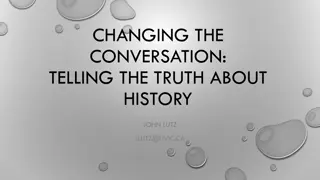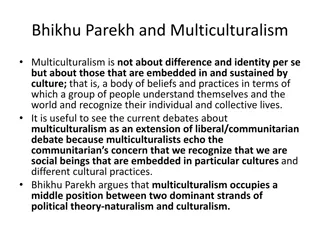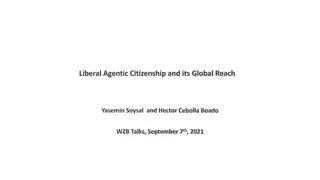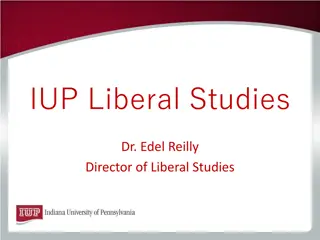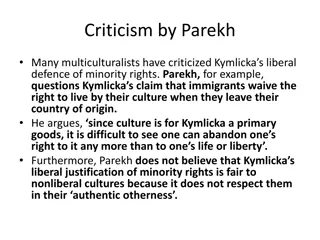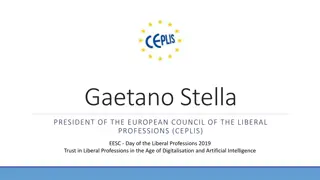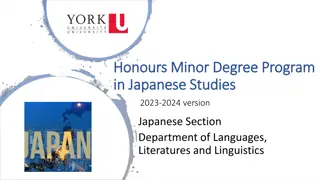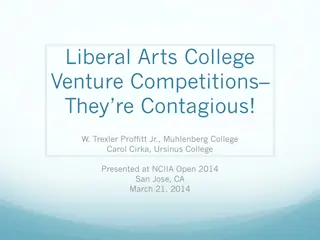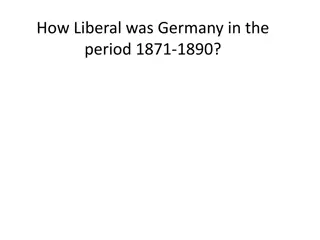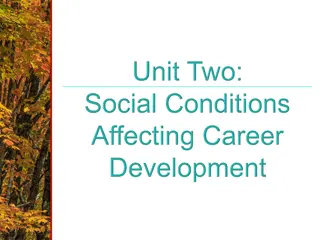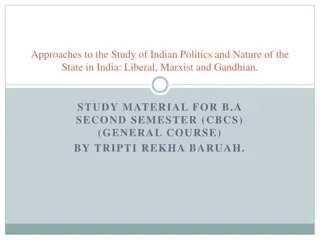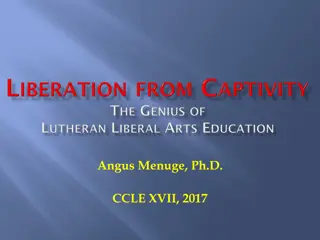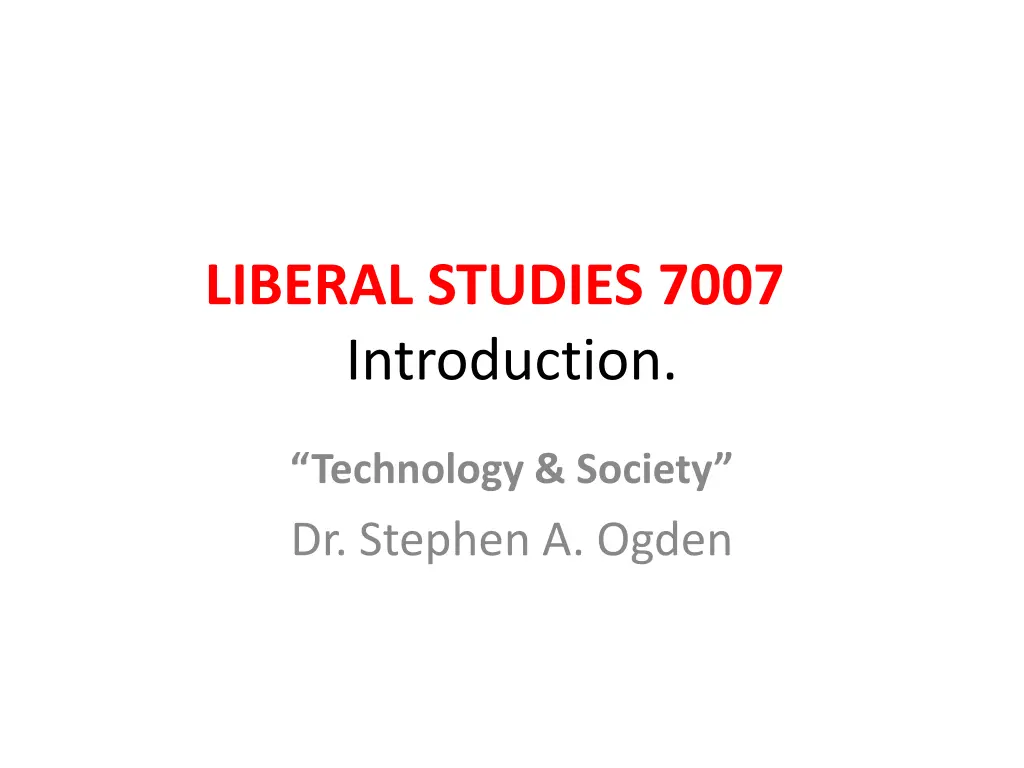
Skills and Attributes in the Job Market: A Comprehensive Analysis
Explore the importance of skills and attributes in the job market through insights on the distinction between hard and soft skills, employer preferences, and the relevance of technical competency. Understand the perspective of prospective employers and the significance of aligning your skills with industry demands to secure employment successfully.
Download Presentation

Please find below an Image/Link to download the presentation.
The content on the website is provided AS IS for your information and personal use only. It may not be sold, licensed, or shared on other websites without obtaining consent from the author. If you encounter any issues during the download, it is possible that the publisher has removed the file from their server.
You are allowed to download the files provided on this website for personal or commercial use, subject to the condition that they are used lawfully. All files are the property of their respective owners.
The content on the website is provided AS IS for your information and personal use only. It may not be sold, licensed, or shared on other websites without obtaining consent from the author.
E N D
Presentation Transcript
LIBERAL STUDIES 7007 Introduction. Technology & Society Dr. Stephen A. Ogden
Serfs & Peasants are Technologists: technologists who have only operational knowledge of their technology.
A HARD FACT ( hard in both senses of the word) Prospective employers don t care about your technical competency. Q: Why is this? A: They take it for granted: all applicants before the hiring authority have the credentials & work experience that the job requires this is listed in the job ad. Q: What do prospective employers care about? A: Let s ask them!
What BC Employers Want The Business Council of British Columbia a voluntary council of BC s top employers from all BC s major economic sectors, working to improve relations with communities (such as post- secondary institutions) and governments. publishes a biennial Skills and Attributes Survey that asks all BC employers what they want in new hires not what governments, post-secondary institutions, or special interest groups, tell that that they should want.
Course Task #1 Search online for the 2010 Biennial Skills & Attributes Survey Report. Study Chart #1 and Chart #2 and come up with an answer to these two questions: 1. How many of the top ten in each of the two charts are technical? 2. What do you call the types of skills and attributes that are predominant in the two lists? Remember: these are what your actual employers are telling you they want you to have to get hired.
HARD SKILLS VS. SOFT SKILLS mathematics, engineering, technical proficiency are called hard skills communications, knowledge of history & literature, interpersonal competency are called soft skills. hard and soft skills are often referred to when applying for a job. For most jobs, while the hard skills are essential to getting the interview, it's the soft skills that will land the job because employers want someone who won't just perform their job function, but will be a good personality fit for the Co. and make a good impression on clients INVESTOPEDIA.COM
Course Task #2 The terminology in the Hard Skills-Soft Skills binary privileges hard skills. Your Instructor s Judgment: this binary is incoherent even a null binary: a false dichotomy, certainly. What is your position, For and Against, on your Instructor s judgment on this binary.
Course Task #3 Technology & Society Do you know what Technology is? Do you know what a Society is Give your own paraphrased definition of Society from the Oxford English Dictionary (online at the BCIT Library) that is concise, concrete & not-abstract, universal, and not question-begging.
COURSE DESIGN A Hands-on, practical Course. The subject of study is the inter-relationship between technology and society The result of the Course is an empowered technologist, rising above the many Microserfs. The method of study takes the following structure: 1. clearly & rigorously define the two foundational concepts. Weeks 1 through 3. 2. study a series of concrete aspects of the Course subject: social media & society; surveillance technology & society; medical technology & society; etc. 3. use a set of essays from the social sciences and the humanities (in the Course Reader and online) form empirical base of study in the Course.
Provisional Working Definition of Society First, there is a perennially-accepted vanilla definition: 'a stable union of a plurality of persons cooperating for a common purpose of benefit to all.' Second is the empirical origin of the word from, of course, the Oxford English Dictionary, where its etymology in "[s]enses relating to connection, participation, or partnership" establishes that "society" expresses a human sense of "fellowship, communion, joint pursuit, joint enjoyment, close relationship, connection, affinity". .
SOCIOLOGY The word looks like the scientific study of society The problem is and it is a very big and fundamental problem for the credibility of sociology this: 1. Science studies hard material definite things which exist and upon which replicable experiments can be conducted 2. Society is a soft, immaterial, indefinite, not- really-a- thing -at-all, which doesn t exist.

